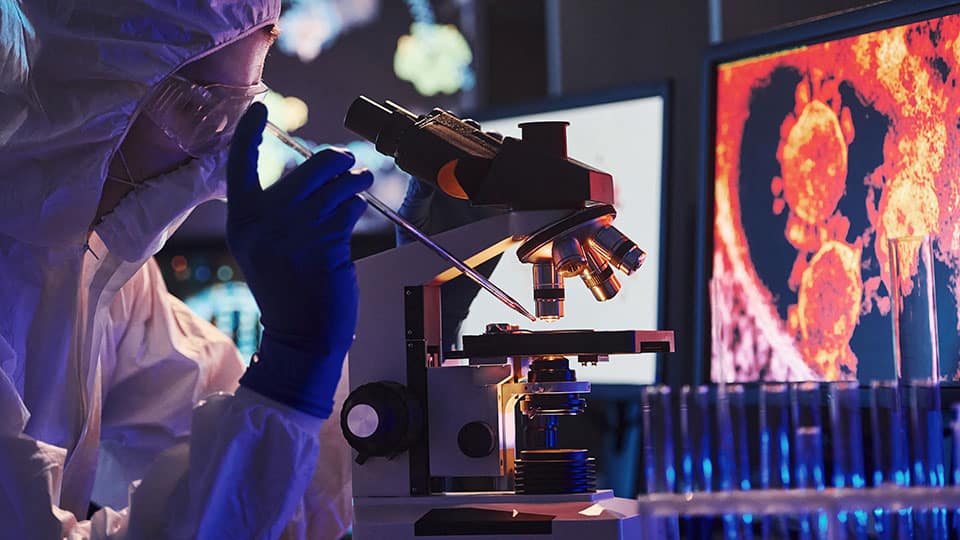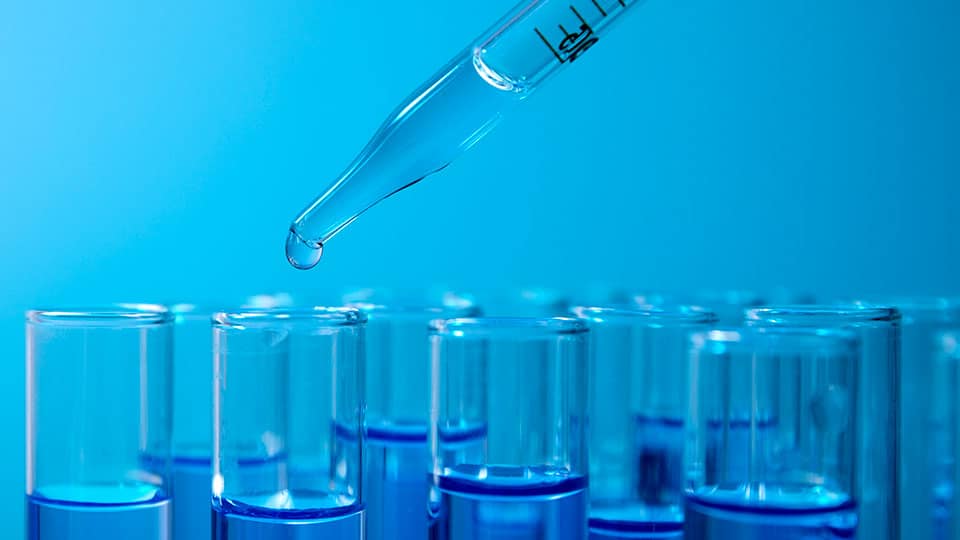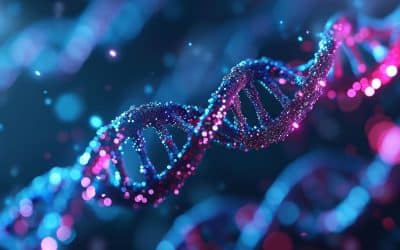The pharmaceutical industry is experiencing a paradigm shift with the integration of Artificial Intelligence (AI) in drug discovery. AI is transforming a traditionally resource-intensive process into one that is faster, more efficient, and cost-effective. Here’s how AI is revolutionizing drug discovery and shaping the future of pharma.
The Rise of AI in Drug Discovery
During the June 27 Drug Information Association Global Annual Meeting, Hao Zhu, Director of the Division of Pharmacometrics at the FDA’s Center for Drug Evaluation and Research (CDER), highlighted a significant trend. In 2022, there were 170 new drug and biologic submissions incorporating AI and machine learning (ML) elements, a sharp increase from just 132 the previous year. This rapid adoption signifies AI’s growing role in drug development.
Pharmaceutical companies are leveraging AI across various stages of the drug discovery process, including constructing small molecules, determining appropriate dosages, discovering active components, reclaiming drugs, predicting toxicity and bioactivity properties, and identifying the mechanism of action (MOA) of drugs.
Challenges in Drug Discovery
The introduction of AI is timely, as the drug industry faces multiple challenges:
1. Economic Pressures: High inflation, talent shortages, pressures on consumer spending, and rising capital costs are straining the industry.
2. Development Costs: Developing new drugs is expensive, with costs often reaching billions due to high failure rates. More than 90% of all clinical drug development, which takes on average 10 to 15 years, fails.
3. Regulatory Compliance: Keeping up with rapid changes in global regulatory landscapes is challenging. The industry sees approximately one significant regulatory change per day, adding complexity to the development process.

AI in Action
Forward-thinking companies are integrating AI into all phases of drug development. AI tools now feature ready-to-use formats like pre-trained, pre-configured models, frameworks, and drag-and-drop platforms, making them accessible to everyone involved in drug discovery, from medicinal chemists to pharmaceutical scientists.
Precision and Efficiency: AI can precisely predict physiochemical processes and ADMET (Absorption, Distribution, Metabolism, Excretion, and Toxicity) properties, reducing drug attrition rates by detecting and addressing toxicity and safety concerns early.
Success Stories: Pfizer’s use of AI in drug discovery, profiled in a March 2022 study in Drug Discovery Today, resulted in an end-to-end clinical success rate of 21%, significantly higher than the industry average of 11%.
The Future of Drug Discovery
AI is set to continue transforming drug discovery by:
1. Optimizing Processes: AI-driven platforms can integrate various public, commercial, and custom catalogs for virtual screening, facilitating seamless collaboration across stakeholders.
2. Accelerating Development: AI-driven platforms can store previous work, allowing researchers to build on existing knowledge and expedite the drug discovery process.
3. Unlocking New Opportunities: As AI continues to evolve, its integration into drug discovery will unlock new opportunities and enhance the development pipeline for pharmaceutical companies.

Conclusion
AI is revolutionizing the drug discovery process, offering unprecedented speed, efficiency, and cost-effectiveness. Despite challenges such as ethical considerations, data privacy issues, and a lack of standardization, the potential benefits of AI in drug discovery are immense. As we move forward, AI-powered drugs will increasingly enter the market, ushering in a new era of medical research and treatment.
For more insights into how AI is transforming drug discovery, visit Cognizant’s Life Sciences practice.
Source Article: Click here.
Life Sciences Digital Transformation Research
Download our comprehensive research report to explore detailed insights and practical recommendations on implementing digital transformation in your organization. Stay ahead in the rapidly evolving life sciences landscape.
4 Ways Clinical Development Will Improve with Gen AI
Generative AI is rapidly transforming various industries, and the life sciences sector is no exception. By changing their approach to clinical development, life sciences companies can realize exponential revenue opportunities and offer renewed hope to patients. Here are four key areas where generative AI can significantly enhance and accelerate clinical development.
Using AI to Create an End-to-End Customer Experience
The pharmaceutical industry is at the cusp of a digital revolution, driven by the transformative power of Artificial Intelligence (AI). From drug discovery to manufacturing, AI is making significant inroads into various facets of the industry’s value chain.


